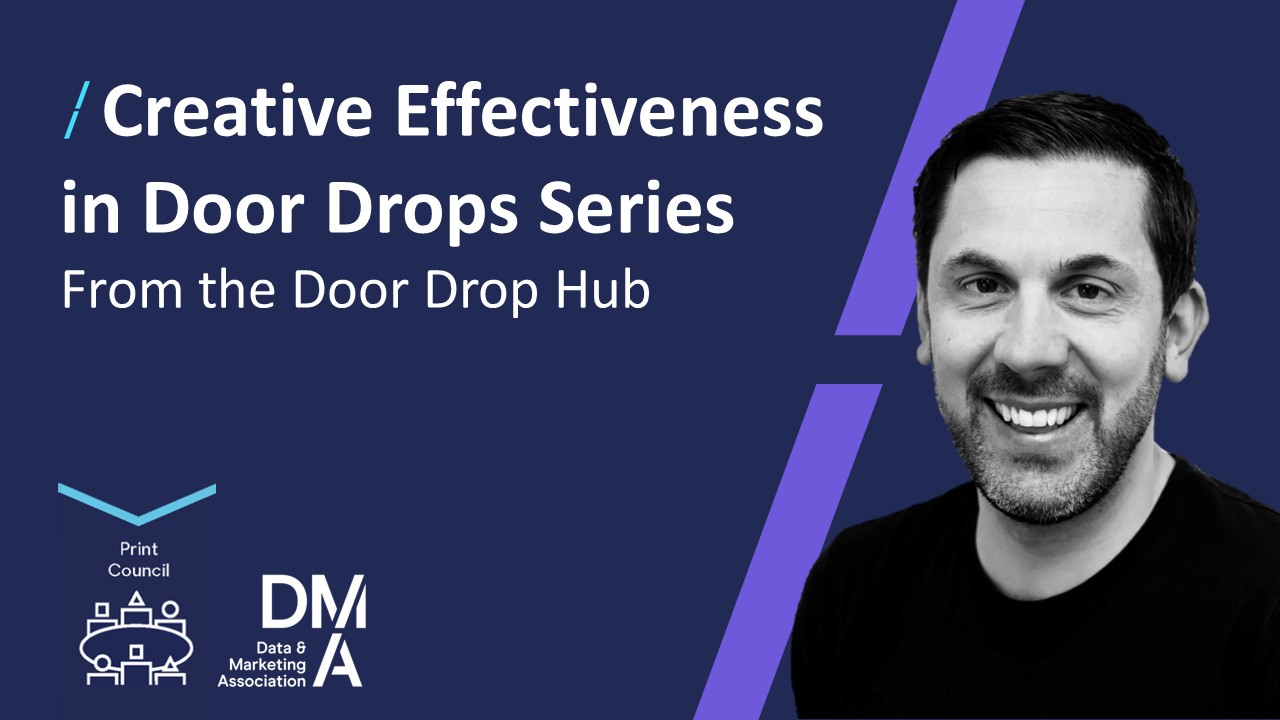Why Wealth Managers Must Digitalize or Die
19 Jan 2016

Macro and micro-economic forces continue to drive demand for digitalization in Wealth Management. Incumbent Wealth Managers who are unable to maintain investment in digitalization will, at best, lose profitability and market share, and at worst, cease to operate or be swallowed up by larger players.
These are bold statements perhaps, but when you consider the pressures Wealth Managers are under, you may reach the same conclusion:
Client demand: High Net Worth (HNW) clients are becoming more digitally savvy, and they expect the same levels of transparency and connectivity offered by retail banks. As wealth is handed down to digitally-native, younger generations, these new clients expect a customer experience as intuitive as Apple, as seamless as Amazon and as predictive as Google. Traditionally Wealth Managers have relied on the Private Banker and personal relationships to predict client needs and ensure seamless experiences. Digitalization does not replace the Banker, but smooths and speeds key interactions like onboarding, performance reporting, advice provision and asset management, by removing paper, automating processes, and freeing up bankers to provide more clients with personalized service via new cognitive computing technologies.
As a proof point, 82% of high-net-worth individuals in Asia Pacific expect their wealth management relationship to be conducted entirely or mostly through digital channels, while 83% of them said that they are far more likely to leave wealth management firms that cannot offer an integrated digital and direct channel experience (Royal Bank of Canada, 2014 survey).
Regulation: Wealth management is one of the most regulated industries, with major fines in the tens of millions for failure to comply with KYC / Anti-money laundering, Anti-Corruption (FATF), Suitability (MiFID) and impartiality (RDR) regulations. The burden of ensuring consistent adherence to procedures and maintenance of an audit trail can only be efficiently achieved if firms invest in Digitalization. In the UK, the Financial Conduct Authority publically states that it views the use of Cognitive technology as a major opportunity for the industry to become more efficient whilst delivering more suitable and consistently compliant investment advice to affluent clients.
New competitors: New digital-only Fintech start-ups such as NutMeg in the UK, and “Robo-advisors” such as Wealth Front and Betterment in the US, provide portfolio management using algorithm-based automated investment solutions. New “social investing” start-ups such as eToro enable independent traders to earn commission by sharing their trades for others to emulate. Robo-advisor entrants charge lower fees than incumbents. Whilst these new entrants do not yet have the scale of the established players, they appeal to the underserved mass-affluent segment of consumers who are not wealthy enough to be clients of a Private Bank, but nevertheless want affordable investment advice. In a recent FT article, Citibank estimated that assets managed by robo-advisers could reach $5 trillion over the next decade, with the boom powered by the wealth of younger investors who are comfortable investing online.
Shareholders demand higher returns, yet as the cost of technology and regulation has increased, smaller Wealth Managers with less than €10 billion assets under management are struggling to return a profit, according to McKinsey. This will likely lead to further consolidation as downward pressure on fees increases as a result of new competitors.
Continue reading “Why Wealth Managers Must Digitalize or Die”





Please login to comment.
Comments